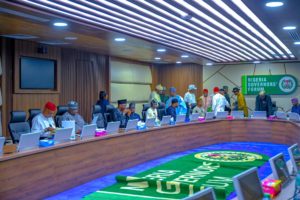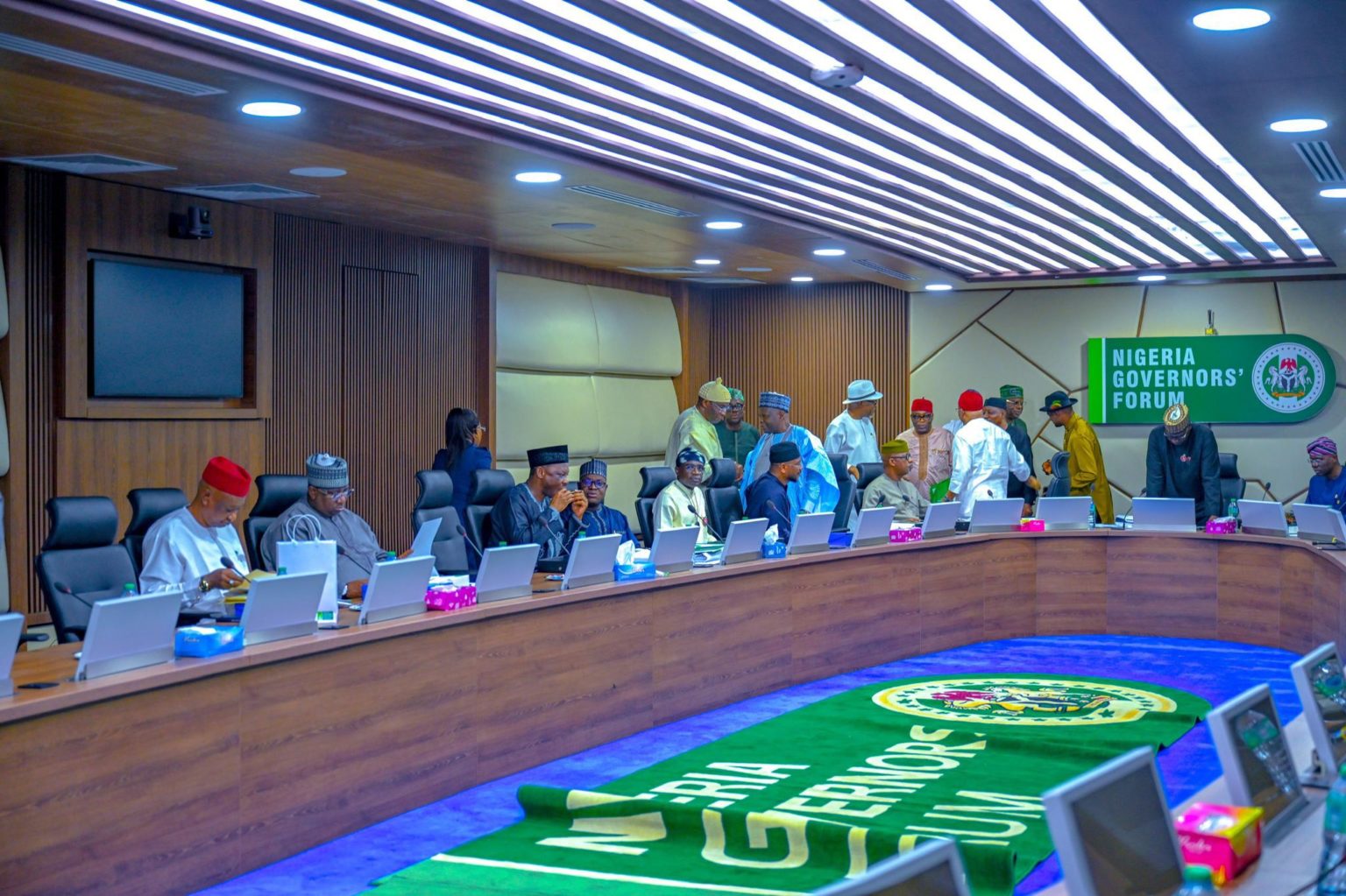
By Adeyemi Adekunle
Nigeria is poised to achieve a historic milestone in governance reform as the federal government commences direct disbursement of funds to the country’s 774 local government areas (LGAs). This initiative, spearheaded by the Office of the Accountant-General of the Federation (AGF), promises to establish financial independence for the third tier of government, reinforcing grassroots governance.
This transformative initiative will ensure LGAs have access to their federal allocations directly, bypassing the current system, where funds are channeled through state governments. The change will go into effect this January, marking the beginning of a new era of financial empowerment for local councils across the nation.
The first Federation Account Allocation Committee (FAAC) meeting of 2025, scheduled for Wednesday, is expected to address key logistical details for implementing the policy. A senior government source has confirmed the readiness of the structure required to facilitate the disbursement process. “A whole department is in charge of this,” the source noted, emphasizing the capability of ministry officials to execute the program. “The structure has been on the ground. There’s no challenge anticipated in carrying out this mandate. Most of the LGAs will fully start receiving their allocations from January 2025.”
The oversight body behind this shift, an Inter-Ministerial Committee, has taken a proactive approach by identifying challenges and refining the disbursement strategy. A follow-up meeting later this month will assess progress and finalize modalities before the AGF authorizes the comprehensive rollout. To address transparency concerns, mechanisms for tracking fund allocations and usage are being enhanced. The initiative underscores the need for accountability, with stakeholders across ministries working to ensure the funds directly benefit communities.
The new policy aims to eliminate bottlenecks and financial mismanagement often reported under the current state-controlled distribution model. However, it has been met with resistance from certain quarters. According to insiders, some state governors have been attempting to undermine the autonomy of democratically elected local government chairmen, their deputies, and councilors, in an effort to retain control over resources allocated to local councils.
The Inter-Ministerial Committee, tasked with implementing financial autonomy, has signaled its intent to address such interference. Measures include ensuring that LGAs have operational independence and the capacity to manage their funds effectively. The committee’s resolve comes as a reassurance to local officials and community advocates who have long fought against state dominance over LGA finances.
This policy change also brings to light broader systemic issues, such as the training and capacity-building needs of local government administrators. While direct disbursement empowers LGAs, ensuring effective usage of these funds requires proper planning and oversight.
The shift toward financial autonomy aligns with longstanding calls for fiscal federalism and grassroots development in Nigeria. Direct fund disbursement is expected to empower local councils to address pressing developmental needs, from upgrading public infrastructure to expanding access to education and healthcare services.
Civil society organizations and local government stakeholders have lauded the initiative as a step toward decentralization. “This is a game-changer,” said one analyst. “For too long, local governments have lacked the financial independence necessary to meet their constitutional responsibilities. This initiative sets the stage for true participatory governance at the grassroots.”
However, experts warn that the success of this initiative depends on transparency, efficiency, and institutional reforms at the local level. Without proper safeguards, the potential for corruption and resource mismanagement remains a risk. To counter this, the federal government is reportedly exploring measures such as independent audits and public disclosure of fund utilization.
As Nigeria implements this historic reform, it is sending a clear message: empowering local governments is essential for national progress. For decades, the country’s LGAs have struggled with inadequate funding, bureaucratic hurdles, and political interference, all of which have hampered their ability to deliver basic services. The policy’s success could set a precedent for other tiers of government to follow, promoting decentralization as a cornerstone for sustainable development. For millions of Nigerians, particularly in rural and underserved areas, this reform promises has in stock a brighter results with local governments capable of meeting their communities’ unique needs.
The coming weeks will test the resolve of all stakeholders. The results of the January disbursements and the subsequent reviews will likely define the trajectory of this policy for years to come. If successful, the initiative will not only transform governance at the grassroots level but could also solidify Nigeria’s position as a model for local government reform in Africa.




